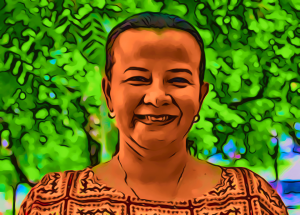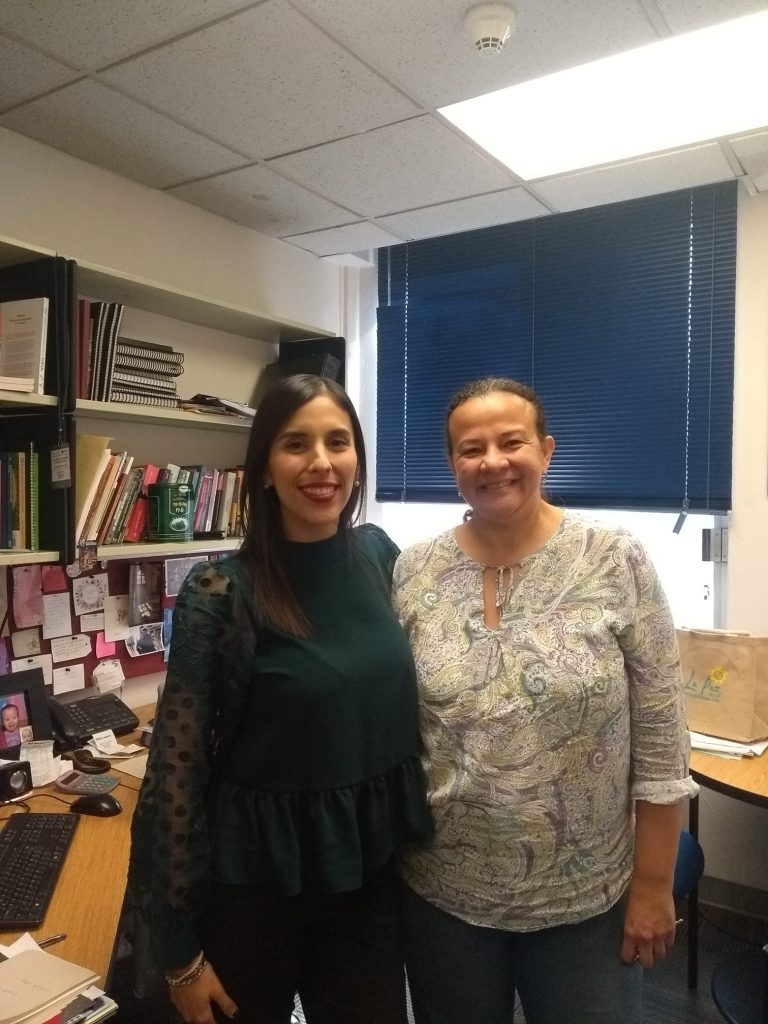124 Letter from Blanca A. Camargo

To my fellow female Latin American tourism researchers
I wanted to study tourism since I was an undergraduate, but as it happens in our countries, my parents did not think tourism was a serious career choice. I had to wait until I graduated (in business management) to leave Colombia and pursue my dream of studying hospitality and tourism. I went to Purdue University for a master´s degree in Hospitality and Tourism Management, which opened the door for me to work in several hotels in Chicago. After a few years, I left the hotel industry to do some soul searching in Italy and decided to give academia another try by pursuing a second master´s degree in Tourism Management in the island of Sardinia and a doctoral degree in tourism at Texas A&M. I had a great mentor, Tazim Jamal, who has shaped my academic and personal life and without whom I would not be writing you this letter.
Upon graduation I accepted a position at Universidad de Monterrey in Mexico, where I have been for the past eleven years. These are some of the experiences that have helped me succeed in the Mexican academic environment, I hope you find them useful.
1) Work in the industry: No textbook will replace real experience and the feeling of sharing with students how things are done in real life, from making a staff weekly schedule to facing and solving ethical dilemmas at the workplace. I worked throughout two major city-wide worker strikes, I helped opening two major hotels, I had tough meetings with union representatives, I attended employees´ weddings and funerals, I had to fire people, I made lifelong friends. All these experiences increased my level of confidence and credibility in the classroom.
2) Treat your students as your equals: In our culture there is a power distance between students and professors that shape how we interact with them. I have taught mostly undergraduate students and I must admit they are my inspiration, my motivation, and my source of research ideas. As professors, we need to be humble, we are not as smart as we think. Treat them as your equals and they will respond better than your equals. Be their mentor and you will have great colleagues in the future.
3) Have a voice, fight the system: Women in Mexico and Latin American face gender stereotypes that affect how we are treated at work. Male voices and opinions are taken more seriously; we are supposed to listen, be soft, be quiet. We are often asked to do tasks that our male colleagues won´t do. Be comfortable questioning things that are not right, and most important be comfortable saying no to the things or tasks that do not help your development.
4) Do research that matters: Observe the world in front of you, be curious, read the news every day. There are many things going on in real life that deserve your attention. Furthermore, our countries are plagued with inequalities and injustices which affect women and Indigenous groups, but our research tends to perpetuate they system that has created them. Dare to pursue meaningful, provocative research ideas. Follow your passion. Be involved in your community.
5) Travel and enjoy life: Meet new people, eat new cuisines, immerse in nature, get a massage. You deserve it and it will help you see tourism phenomena first hand.
I am writing this letter to you as the first full professor of the Business School at Universidad de Monterrey in Mexico and as a single mother of 6- years- old twins in the second year of a global pandemic. Achieving full professorship was not painful because I enjoyed the ride and followed my passion. You can do it too. This letter is for you, for my former students, and for my daughter should she decide to get in academia.


Blanca A. Camargo
Universidad de Monterrey, Mexico

